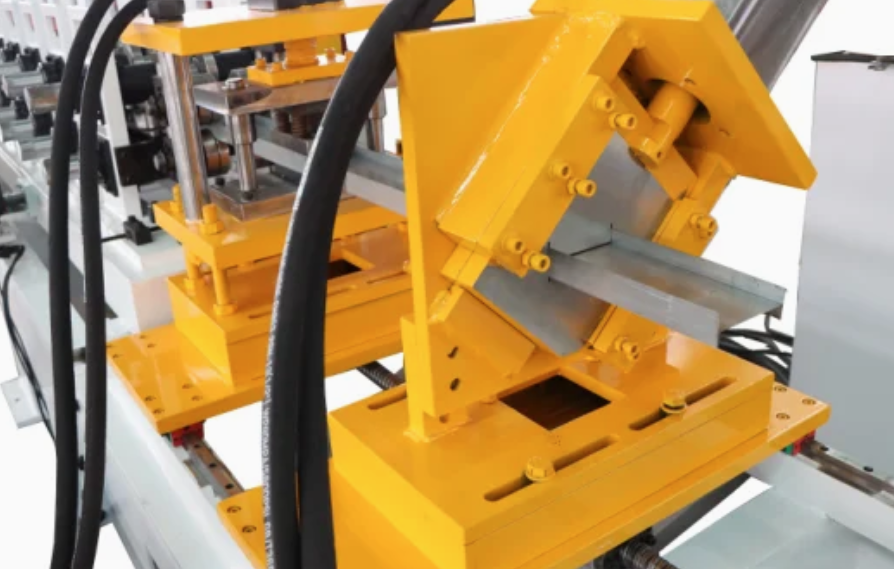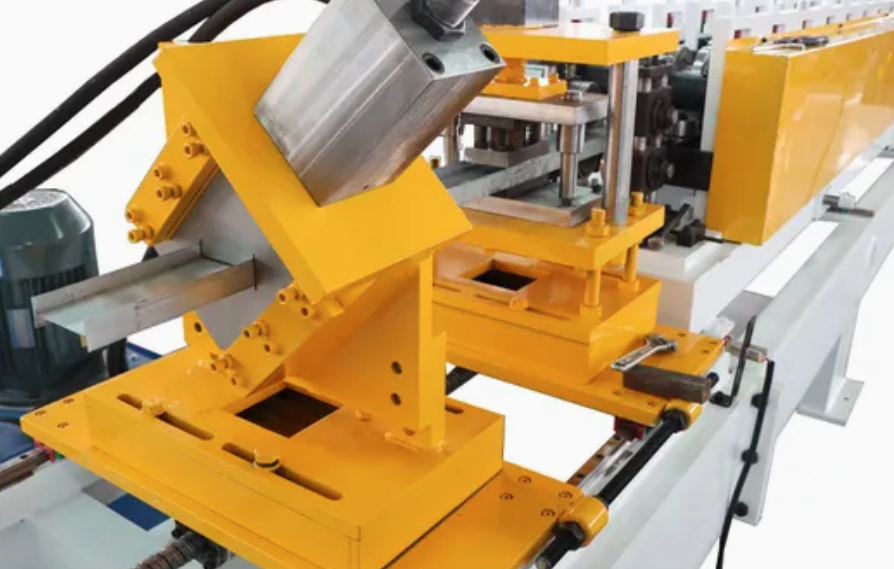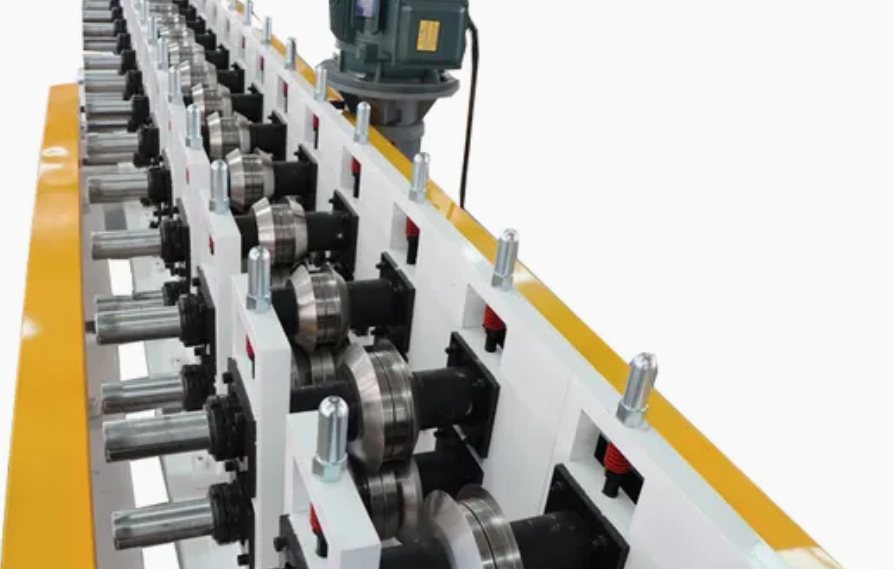To express an interest in this machine please submit the form below.

Not Sure What Machine You Need?
Select Your Profile, We'll Match It
Choose your desired profile drawing, and let Machine Matcher connect you with the best roll forming machine tailored to your needs.
Browse Profiles



A drywall roll forming machine is a specialized piece of equipment designed to produce metal framing components used in drywall construction. These machines are typically used to manufacture steel or aluminum studs, tracks, and channels, which are key elements in framing drywall partitions. Here's a basic overview:
A drywall roll forming machine is a specialized piece of equipment designed to produce metal framing components used in drywall construction. These machines are typically used to manufacture steel or aluminum studs, tracks, and channels, which are key elements in framing drywall partitions. Here's a basic overview:
Copyright 2026 © Machine Matcher.